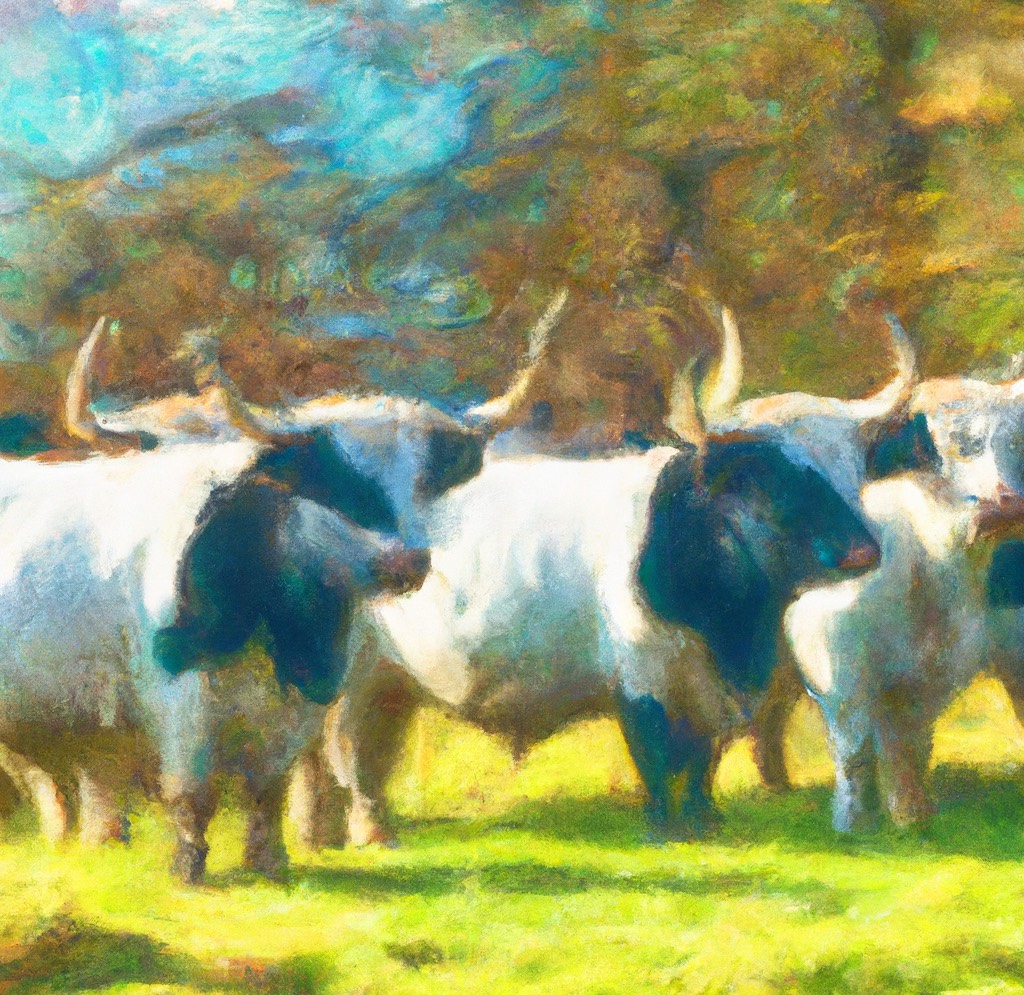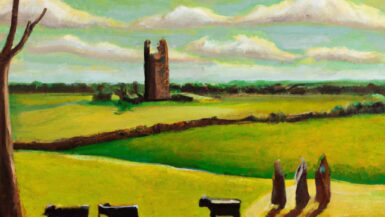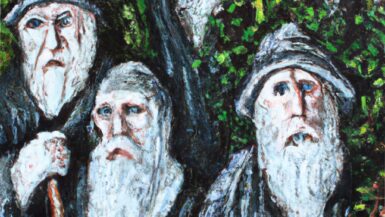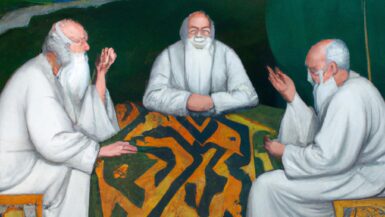Brehon Laws, known natively as ‘Fénechas’, served as the backbone of the Irish legal system for centuries. Reflecting the socio-cultural intricacies of ancient Irish society, the laws were renowned for their detail and fairness. Central to the Brehon legal system were principles like kinship, honor price, and the imposition of fines, which this article will delve into comprehensively.
The Fundamental Role of Kinship
In Gaelic Ireland, kinship wasn’t merely a biological concept but a foundational social structure that heavily influenced legal dynamics.
Definition and Importance of Kinship
Kinship, in the context of Brehon Laws, refers to a system of familial relationships that dictated responsibilities, rights, and societal roles. An individual’s position within this kinship system determined various legal rights and obligations.
Derbfine – The Close Kin Group
A pivotal kinship unit in Brehon laws was the ‘Derbfine’. Comprising of all male descendants from a common great-grandfather, the Derbfine had collective responsibilities, such as the payment of fines and the selection of chieftains.
Kinship and Property Rights
Land ownership and inheritance were also deeply intertwined with kinship. For instance, when a family member died, their property would be redistributed within the kin group, ensuring the land remained within the familial bounds.
Honor Price (Log n-enech): The Value of Honor
The concept of honor, intrinsic to Gaelic society, was given tangible form in the Brehon Laws through the principle of ‘Log n-enech’ or Honor Price.
Defining Honor Price
Honor Price represented the societal value or status of an individual. It was a predetermined compensatory amount to be paid if a person’s honor was infringed upon, whether through physical harm, defamation, or other offenses.
Calculating Honor Price
Several factors determined an individual’s Honor Price. While kings and chieftains had the highest Honor Price, other societal roles, such as poets and craftsmen, also had their distinct values. Gender, age, and even skills could influence an individual’s Honor Price.
Honor Price’s Dual Role
Beyond compensation, Honor Price played a pivotal role in societal regulation. It deterred potential offenses by placing a tangible value on personal respect and honor, ensuring that the consequences of breaching someone’s honor were not just moral but also financial.
Fines: The Brehon Way of Justice
Rather than punitive prison sentences, the Brehon system leaned heavily on fines as a means of restoring societal balance after offenses.
The Philosophy Behind Fines
In Brehon Laws, justice was primarily restorative rather than retributive. The focus was on repairing the harm and restoring societal harmony. Fines were a way to compensate victims and redress the wrongs done.
Types of Fines and Their Implications
Fines in the Brehon system were diverse and carefully calibrated to match the nature and severity of the offense. Some key types included:
- Distraint: A system where property was seized until a debt or fine was paid.
- Eraic: A fine for causing death, equivalent to the deceased’s Honor Price.
- Dire: Compensation for various types of injuries, with amounts varying based on the injury’s severity and the victim’s Honor Price.
Collective Responsibility for Payment
In alignment with the kinship principle, fines were often a collective responsibility. If an individual couldn’t pay a fine, their kin group, typically the Derbfine, was expected to contribute, underscoring the intertwined nature of individual actions and collective responsibility in Gaelic Ireland.
Brehon Laws: Reflecting a Unique Societal Fabric
The principles of kinship, Honor Price, and fines offer a lens into the unique societal structure and values of ancient Ireland. Brehon Laws were not just a set of legal rules; they were a reflection of a society where honor, collective responsibility, and restorative justice held paramount importance. By understanding these principles, one gains insights into the societal norms and values that shaped the daily lives and interactions of the Gaelic Irish for centuries.






Leave a reply